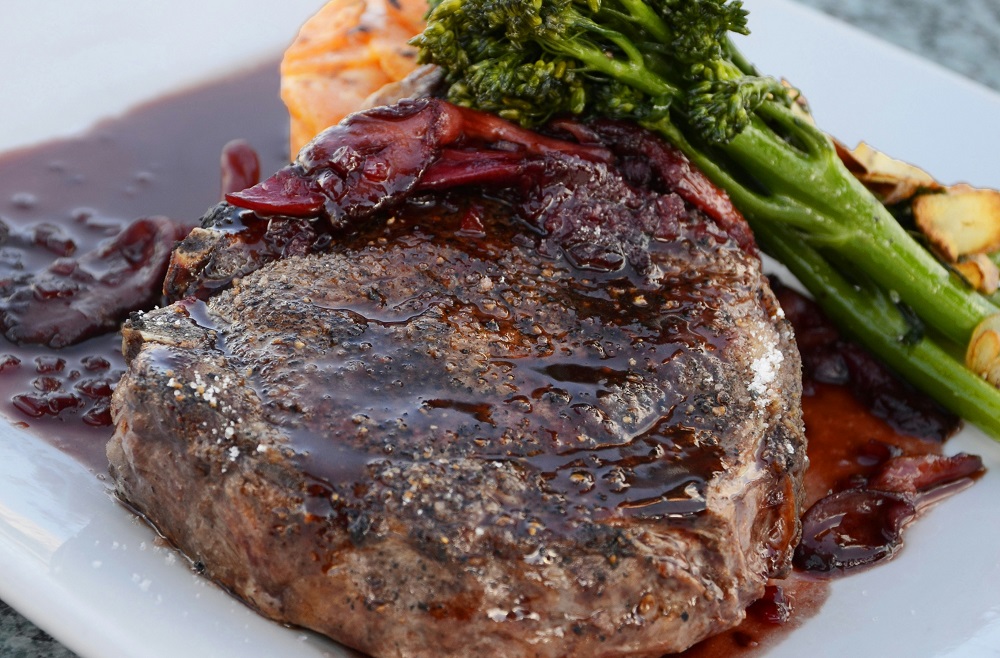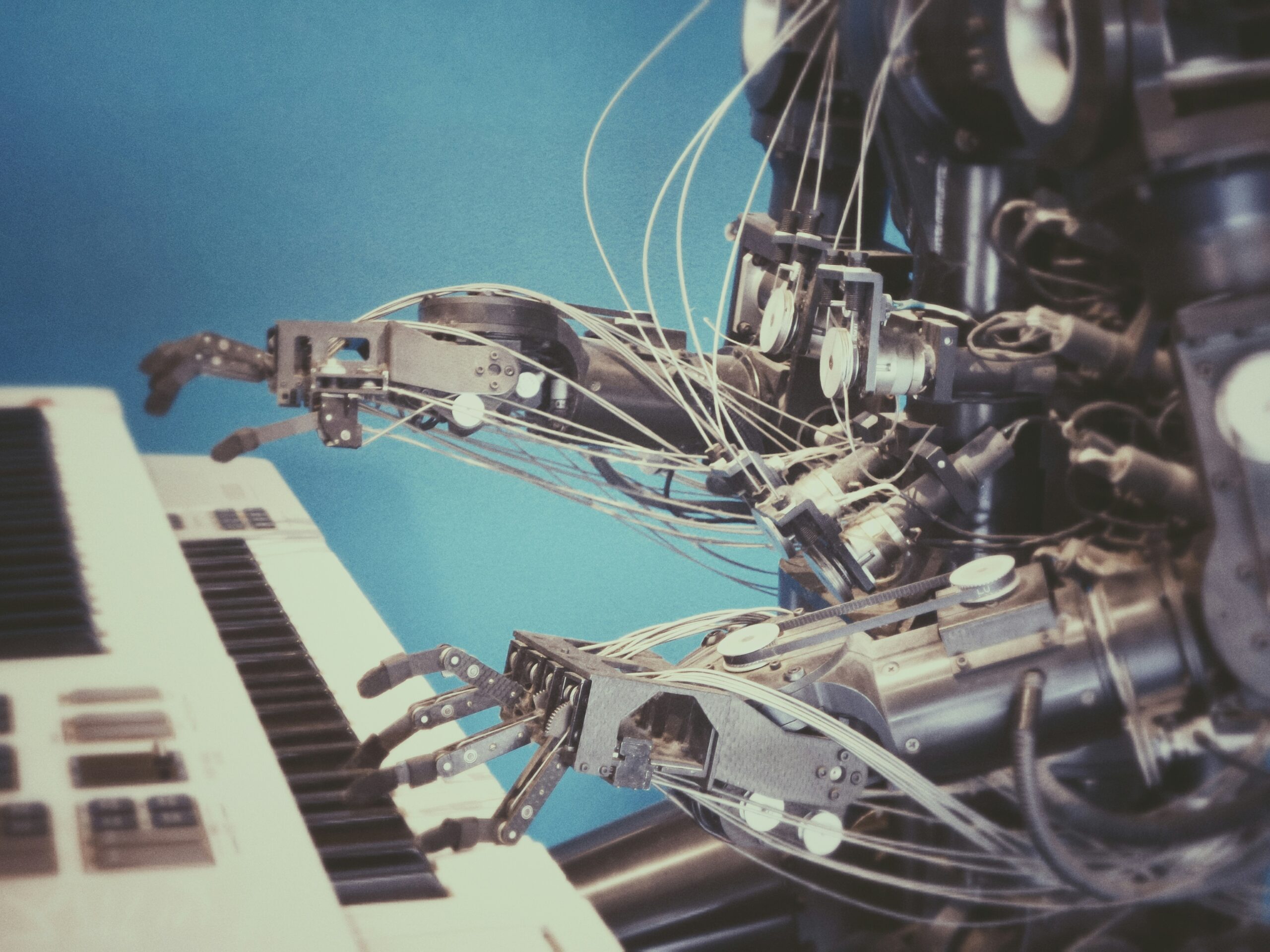Verge of Culinary Evolution: A Revolution in Food Technology
Revolution in Food Technology for new ways to eat
The forefront of culinary innovation exhibits the new trends in food processing to make our food in a unique to present. In this article, we will delve into the fascinating realm of food technology and how it is reshaping the way we eat. From plant-based meat alternatives to 3D-printed desserts, the possibilities seem endless. As society becomes more conscious of environmental sustainability and health, the demand for innovative solutions to our food system grows stronger. Imagining a world where meat is grown in labs rather than on farms might have been deemed science fiction not long ago. Now, it is a reality. With advancements in cellular agriculture, scientists are cultivating meat in labs, eliminating the need for traditional livestock farming. This not only reduces the environmental impact but also addresses concerns about animal welfare. But it doesn’t stop there. Food technology is also revolutionizing the way we consume and experience food. Virtual reality dining experiences, personalized nutrition plans based on genetic profiling, and smart kitchen appliances are just a taste of what’s to come. Join us as we explore the cutting-edge developments in food technology and how they are transforming the culinary landscape. Get ready to embrace the future of food!
The impact of food technology on the culinary world
Food technology is stirring the pot in the culinary world, transforming everything from farm to fork. On one hand, it’s fostering sustainability through practices like precision agriculture and lab-grown proteins, reducing environmental impact and feeding a growing population. Imagine meat substitutes that taste just like the real thing, but without the hefty carbon footprint!
On the other hand, food tech is personalizing our plates. Smart appliances guide home cooks like sous chefs, while AI-powered apps recommend recipes based on dietary needs and preferences. Forget bland, one-size-fits-all meals – the future is customized culinary creations tailored to your unique palate and well-being. So, buckle up for a delicious ride as food tech redefines the way we grow, cook, and savor the world’s flavors!
Advancements in food processing and preservation
The age-old art of food preservation is getting a high-tech makeover! Gone are the days of solely relying on salt and smoke. Today, science fiction-esque tools are extending shelf life and maximizing nutrition like never before. Imagine pristine fruits arriving weeks after harvest, thanks to edible coatings mimicking nature’s protective skin. Or picture enjoying shelf-stable, nutrient-packed meals prepared with gentle yet effective high-pressure processing.
These advancements go beyond convenience. Precision fermentation unlocks a universe of healthy probiotics and flavors, while cold plasma, like a culinary lightsaber, eliminates harmful bacteria without compromising freshness. Sustainability also joins the feast, with upcycling technologies transforming food waste into valuable ingredients. So, raise a fork to the future of food processing – a world where deliciousness, nutrition, and innovation go hand-in-hand, ensuring healthy and sustainable nourishment for all.
Innovative food products and ingredients
Our plates are getting a futuristic makeover! Imagine meat grown in labs, snacks packed with probiotics for your gut, and colorful algae powering your smoothie. Innovative food products and ingredients are shaking things up, with sustainable options like insect protein bars and personalized nutrition drinks catering to all tastes and needs. Buckle up, because the future of food is both delicious and surprisingly high-tech!
The rise of plant-based and alternative proteins
The landscape of protein sources is undergoing a major shift, with plant-based and alternative proteins emerging as powerful contenders to traditional animal-derived options. This rise is driven by a confluence of factors, including:
- Growing awareness of the environmental impact of animal agriculture: Animal farming is a significant contributor to greenhouse gas emissions, deforestation, and water pollution. Plant-based alternatives offer a more sustainable way to meet our protein needs.
- Increasing concern about animal welfare: Many consumers are choosing to reduce their consumption of animal products due to ethical concerns about factory farming practices.
- Health benefits associated with plant-based diets: Studies have shown that plant-based diets can be beneficial for heart health, weight management, and reducing the risk of chronic diseases.
- Advancements in food technology: Innovations in plant-based protein processing and formulation have led to products that are more closely resembling the taste, texture, and nutritional profile of meat.
The role of technology in personalized nutrition
Forget one-size-fits-all diets! Technology is ushering in a new era of personalized nutrition, where your unique needs and preferences guide your food choices. This exciting shift is driven by several key players:
1. Data-driven insights: Wearable devices and mobile apps track your activity, sleep, and even gut microbiome, offering a deeper understanding of your body’s needs. Imagine an app recommending a post-workout meal based on your calorie burn or suggesting gut-friendly foods to improve digestion.
2. Genetic testing: Delving even deeper, DNA tests can reveal potential nutrient sensitivities or predispositions to certain diseases. This information, interpreted by registered dietitians, can inform personalized recommendations for optimizing your health through targeted food choices.
3. Smart appliances and connected kitchens: Your fridge might soon suggest recipes based on available ingredients and your dietary profile. Imagine a cooking assistant guiding you through personalized recipes that cater to your taste buds and health goals.
These advancements hold immense potential. Imagine preventing chronic diseases through proactive, personalized nutrition plans or athletes optimizing their performance with tailored fuel. While ethical considerations and data privacy concerns need careful navigation, the future of personalized nutrition promises a world where food becomes a powerful tool for individual well-being.
Food delivery apps and online platforms
Craving Thai tonight? Sushi tomorrow? Skip the cooking with the convenience of food delivery apps and online platforms! These digital marketplaces connect you with a vast array of restaurants, from global chains to hidden gems, delivering deliciousness straight to your door. Giants like Uber Eats and DoorDash offer extensive options, while regional players like Zomato and Swiggy cater to local favorites. Don’t forget specialized platforms like Instacart for groceries or Seamless for group orders. Remember to factor in delivery fees and minimum order amounts, but with enticing deals and dietary filters, these apps open a world of culinary exploration, one tap at a time.
The future of food technology
The future of food technology promises a fascinating and transformative culinary landscape. Imagine personalized nutrition plans crafted by AI, analyzing your DNA and gut microbiome to suggest meals that optimize your health. Food waste becomes a relic of the past, with smart fridges managing inventory and suggesting recipes to use up expiring ingredients. 3D printers whip up customized meals based on your dietary needs and preferences, offering endless possibilities for flavor and nutrition.
Sustainability takes center stage, with lab-grown meat and insect-based protein alternatives becoming mainstream, reducing our reliance on traditional animal agriculture. Vertical farms transform urban spaces into self-sufficient food production hubs, while precision agriculture harnesses technology to maximize yield and minimize environmental impact. Imagine cities thriving with rooftop gardens and indoor farms, all connected to a digital network that optimizes food production and distribution.
However, ethical considerations and accessibility need careful attention. Ensuring equitable access to these advancements and safeguarding consumer privacy are crucial aspects of shaping a responsible and inclusive future of food technology. This exciting journey necessitates collaboration between scientists, entrepreneurs, policymakers, and consumers to build a food system that nourishes both people and the planet.
Challenges and concerns in food technology
The future of food technology promises a fascinating and transformative culinary landscape. Imagine personalized nutrition plans crafted by AI, analyzing your DNA and gut microbiome to suggest meals that optimize your health. Food waste becomes a relic of the past, with smart fridges managing inventory and suggesting recipes to use up expiring ingredients. 3D printers whip up customized meals based on your dietary needs and preferences, offering endless possibilities for flavor and nutrition.
Sustainability takes center stage, with lab-grown meat and insect-based protein alternatives becoming mainstream, reducing our reliance on traditional animal agriculture. Vertical farms transform urban spaces into self-sufficient food production hubs, while precision agriculture harnesses technology to maximize yield and minimize environmental impact. Imagine cities thriving with rooftop gardens and indoor farms, all connected to a digital network that optimizes food production and distribution.
However, ethical considerations and accessibility need careful attention. Ensuring equitable access to these advancements and safeguarding consumer privacy are crucial aspects of shaping a responsible and inclusive future of food technology. This exciting journey necessitates collaboration between scientists, entrepreneurs, policymakers, and consumers to build a food system that nourishes both people and the planet.
Embracing the future of food technology
Embracing the future of food technology isn’t just about trendy gadgets or futuristic meals; it’s about harnessing innovation to nourish a growing population, protect our planet, and empower individuals. While challenges remain, the potential of this technological revolution is vast. By engaging in open dialogue, prioritizing responsible development, and ensuring equitable access, we can cultivate a future where food technology serves as a powerful tool for building a healthier, more sustainable, and delicious world for all.
news via inbox
Subscribe with TechnoCrity to get latest technology reviews







